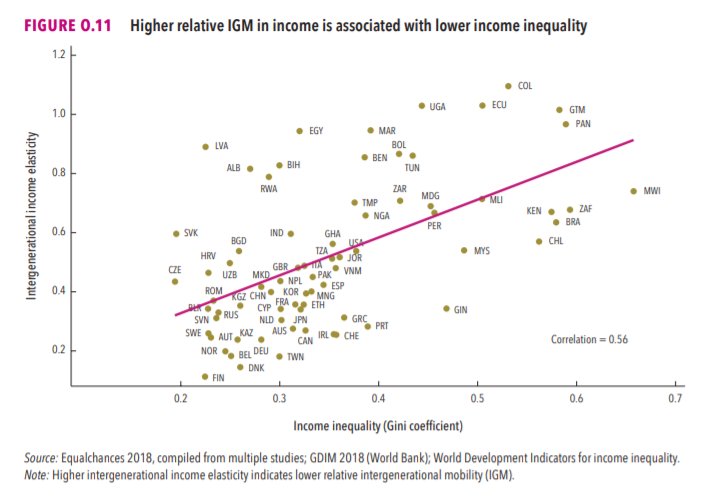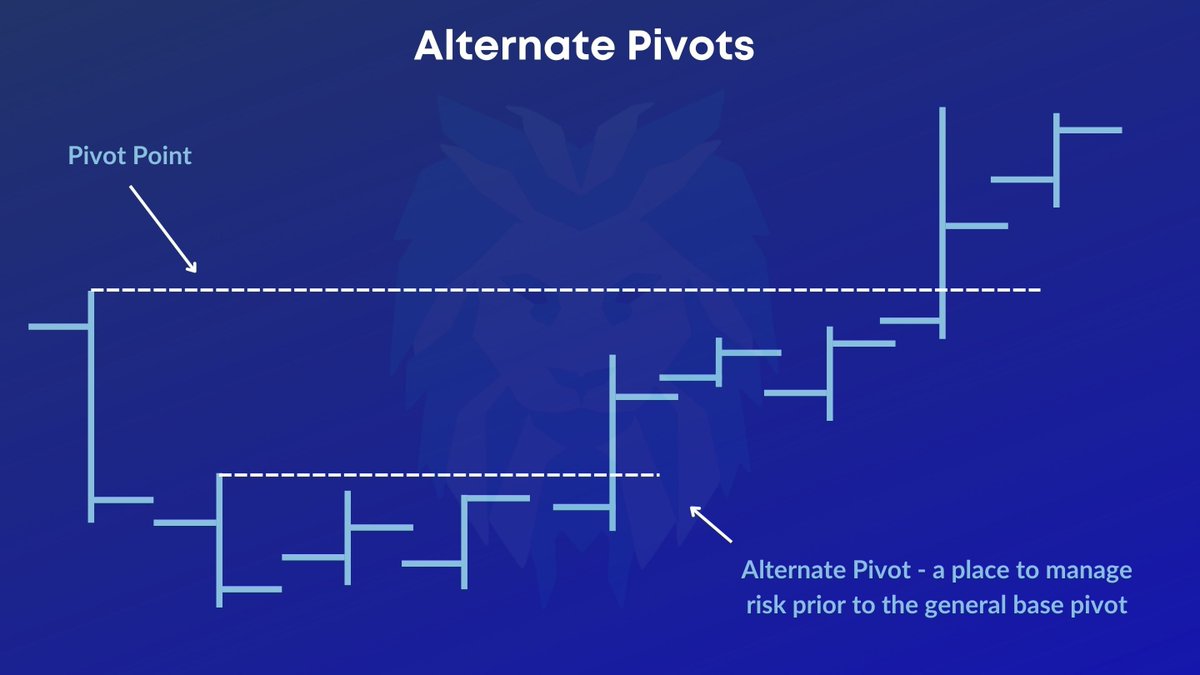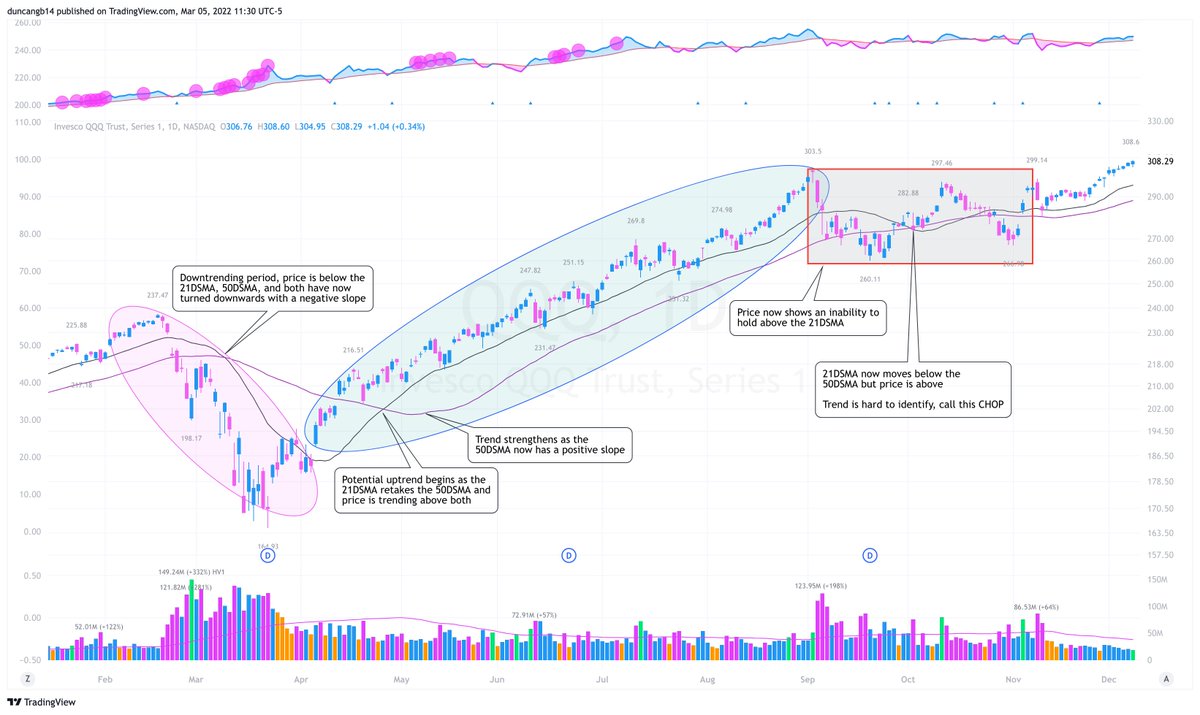Trading psychology and physical/emotional well-being is probably one of the least discussed, yet most important aspects of becoming a successful trader.
10 Lessons I Learned While Working With William O’Neil (Thread)
↓
Trading psychology and physical/emotional well-being is probably one of the least discussed, yet most important aspects of becoming a successful trader.
Start by taking good care of your physical and emotional health.
Next, pick up a couple of books and study trading psychology. Two excellent books on this subject are, “Trading in the Zone,” by Mark Douglas and “The Psychology of Trading,” by Brett Steenbarger
Having a sound set of rules that are proven to work is essential to success in the stock market. Why is this so important? Two words. Human nature.
What most traders don’t realize is that a thorough understanding of how to manage risk is even more important than picking the right stock.
The best stock pickers on the planet have a win rate of about 60-65% and anyone who tells you differently is lying.
Jesse Livermore said, “There is the plain fool, who does the wrong thing at all times everywhere, but there is the Wall Street fool, who thinks he must trade all the time.
Unfortunately, 99% of the professional money managers out there do not understand this whatsoever.
For example, going to cash early in the year during the 2008 financial crisis and sitting tight until confirmation of an uptrend once again played out worked out extremely well.
They’d much rather give it to someone else who is “working.”
There is no one right way, just what’s right for you.
The ultimate goal for every trader and investor should be to take a proven methodology and ultimately make it their own.
No two traders view things the same way, even if they are following the same exact methodology.
It’s very easy to let your emotions get the best of you and not get invested when the market follows through, for one reason or another. This is most often a result of fear or an incorrect opinion. Hence, see Lesson #2.
Doubting a valid follow-through day and not getting invested on time can be an extremely costly mistake. That is why we have sound rules and risk control in place.
A big ego is the biggest problem, especially if you trade for a living. Arrogant traders with huge egos all eventually implode.
WON was not shy about making this very clear.
Unfortunately, this is rather common.
There is no better way to gauge the market’s health than by the price/volume action of the market’s leading growth stocks.
So, understanding how to interpret price/volume action is an extremely important skill to develop.
Develop the conviction to listen to yourself and never anyone else.
Even if the CEO of a company has given you inside information that you know is 100% true, you still don’t know how the market will react.
The ability to remain positive when things aren’t working as planned makes the difference between winning and losing.
Missing trades and losing money is all part of the game. How you handle it is key.
More from TraderLion
More from Psychology
You May Also Like
1/OK, data mystery time.
This New York Times feature shows China with a Gini Index of less than 30, which would make it more equal than Canada, France, or the Netherlands. https://t.co/g3Sv6DZTDE
That's weird. Income inequality in China is legendary.
Let's check this number.
2/The New York Times cites the World Bank's recent report, "Fair Progress? Economic Mobility across Generations Around the World".
The report is available here:
3/The World Bank report has a graph in which it appears to show the same value for China's Gini - under 0.3.
The graph cites the World Development Indicators as its source for the income inequality data.

4/The World Development Indicators are available at the World Bank's website.
Here's the Gini index: https://t.co/MvylQzpX6A
It looks as if the latest estimate for China's Gini is 42.2.
That estimate is from 2012.
5/A Gini of 42.2 would put China in the same neighborhood as the U.S., whose Gini was estimated at 41 in 2013.
I can't find the <30 number anywhere. The only other estimate in the tables for China is from 2008, when it was estimated at 42.8.
This New York Times feature shows China with a Gini Index of less than 30, which would make it more equal than Canada, France, or the Netherlands. https://t.co/g3Sv6DZTDE
That's weird. Income inequality in China is legendary.
Let's check this number.
2/The New York Times cites the World Bank's recent report, "Fair Progress? Economic Mobility across Generations Around the World".
The report is available here:
3/The World Bank report has a graph in which it appears to show the same value for China's Gini - under 0.3.
The graph cites the World Development Indicators as its source for the income inequality data.

4/The World Development Indicators are available at the World Bank's website.
Here's the Gini index: https://t.co/MvylQzpX6A
It looks as if the latest estimate for China's Gini is 42.2.
That estimate is from 2012.
5/A Gini of 42.2 would put China in the same neighborhood as the U.S., whose Gini was estimated at 41 in 2013.
I can't find the <30 number anywhere. The only other estimate in the tables for China is from 2008, when it was estimated at 42.8.



































